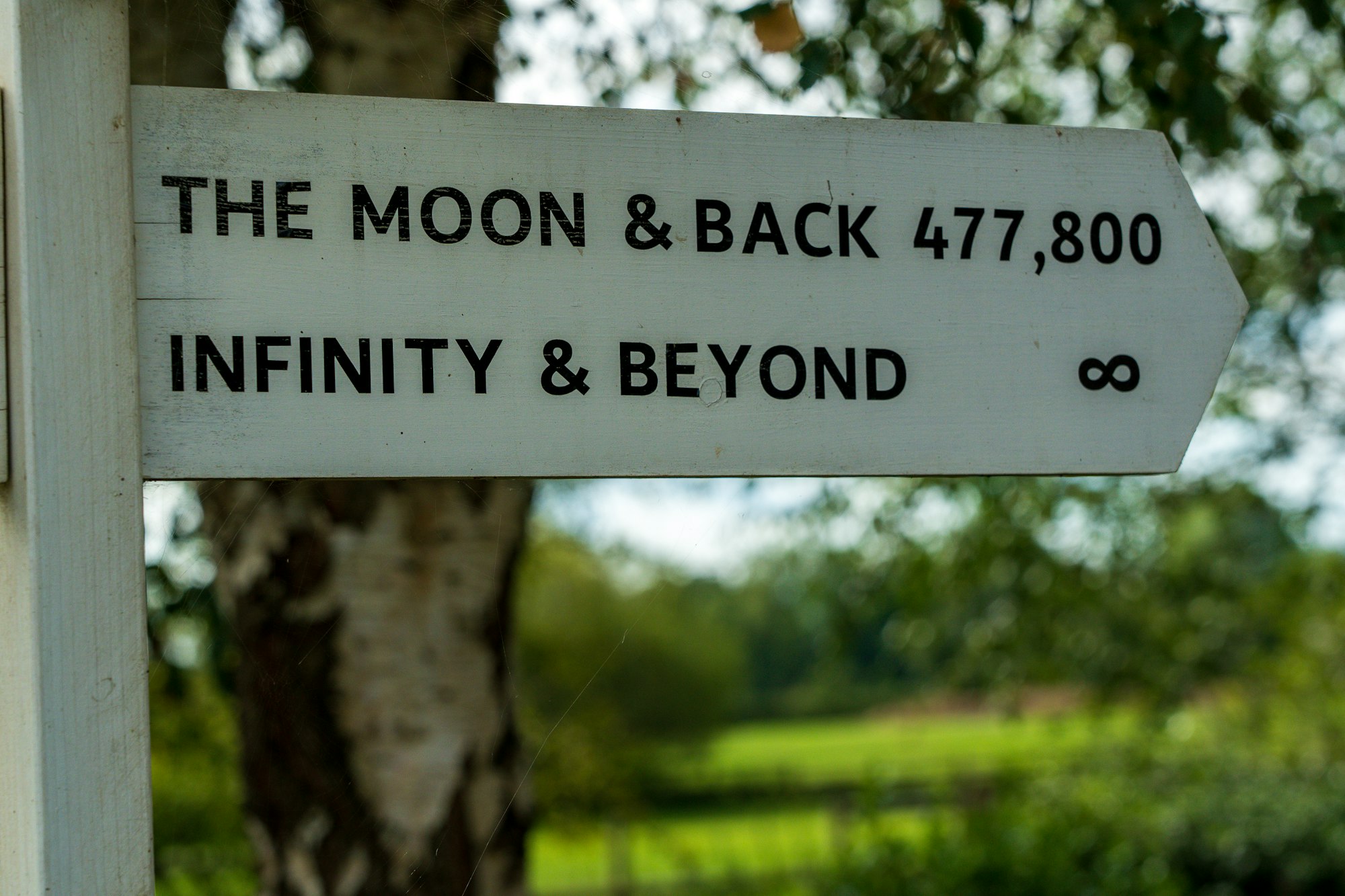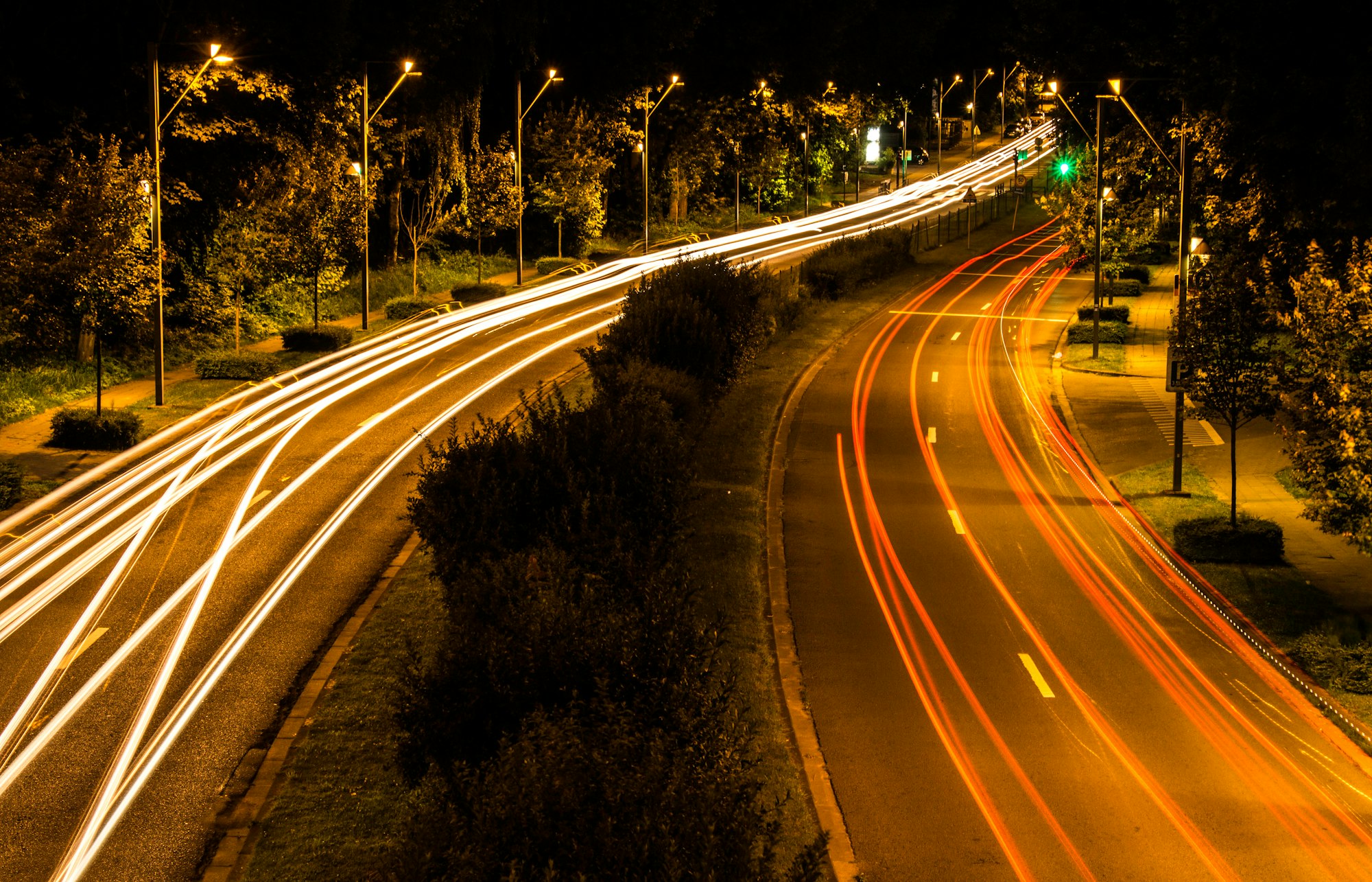
And here's something powerful to consider: your adapted systems, in all their beautiful, disastrous glory, might be exactly what someone else needs to see. In a world full of perfect productivity porn and flawless morning routines, seeing real, lived-in systems can be incredibly liberating.

Over the past few years, I've scribbled down an unfathomable amount of words, thoughts, ramblings - all trying to make sense of life with a neurodivergent brain. The challenges of late

Life rarely follows a straight path. Mine has wound through steamy kitchens and quiet gardens, through addiction and recovery, through late-diagnosed neurodivergence and continuous reinvention. I've spent countless hours studying nutrition

Because you're not just seeing it - you're feeling it, understanding it, processing it in real-time, and the sheer volume of information and emotion becomes too much to hold silently.

Their truth-telling isn't just honest - it's compulsively, almost helplessly honest. Like a flame that cannot help but give light and heat, these individuals cannot help but reveal truth, even when that truth makes others uncomfortable or themselves vulnerable.

We've all seen those neat career trajectory graphs - you know, the ones that show a nice, steady upward climb from entry-level to CEO. Let me let you in on a secret: for most of us, especially us non-traditional types, that graph looks more like a Jackson Pollock painting.

Resilience is a powerful skill that can transform our lives. I've learned that it's not about avoiding challenges, but about how we face them. Building resilience takes time and practice, but it's a journey worth taking.

The Unexpected Alliance of Stoicism and Neurodiversity
In the midst of career transition and personal growth, I've found an unexpected ally: ancient Stoic philosophy. As I navigate the complexities of ADHD,








